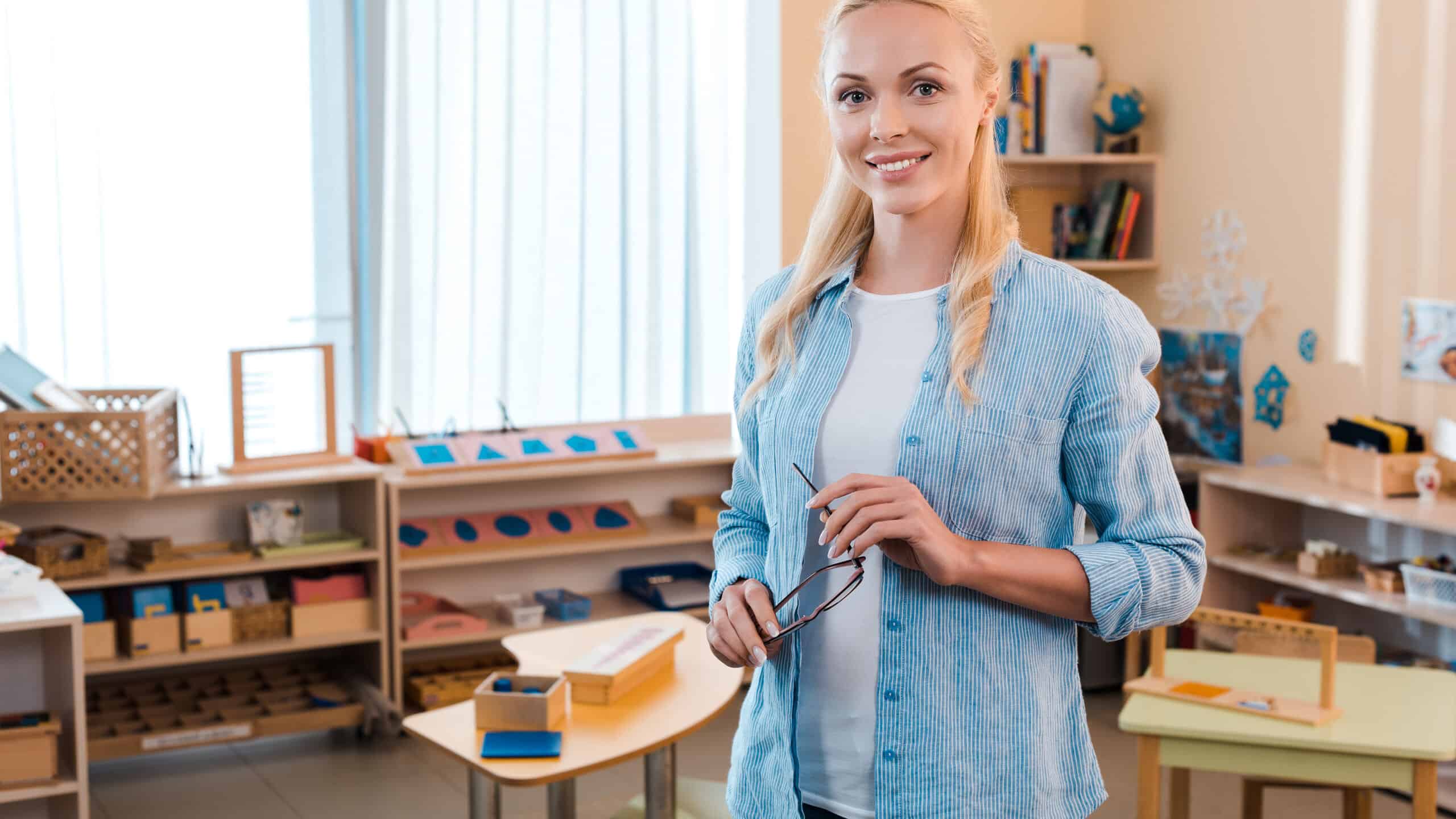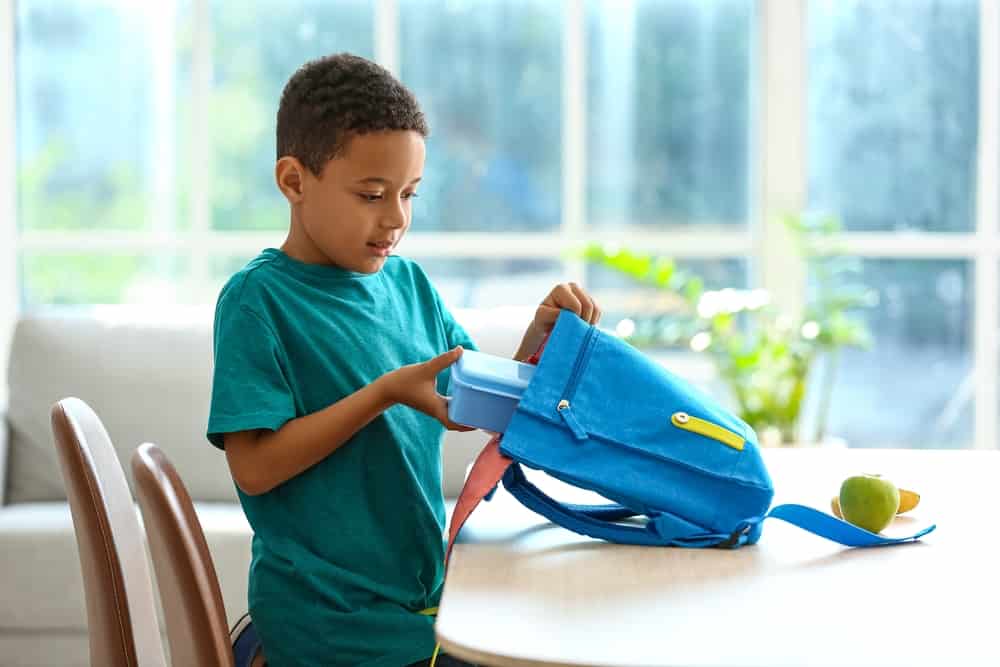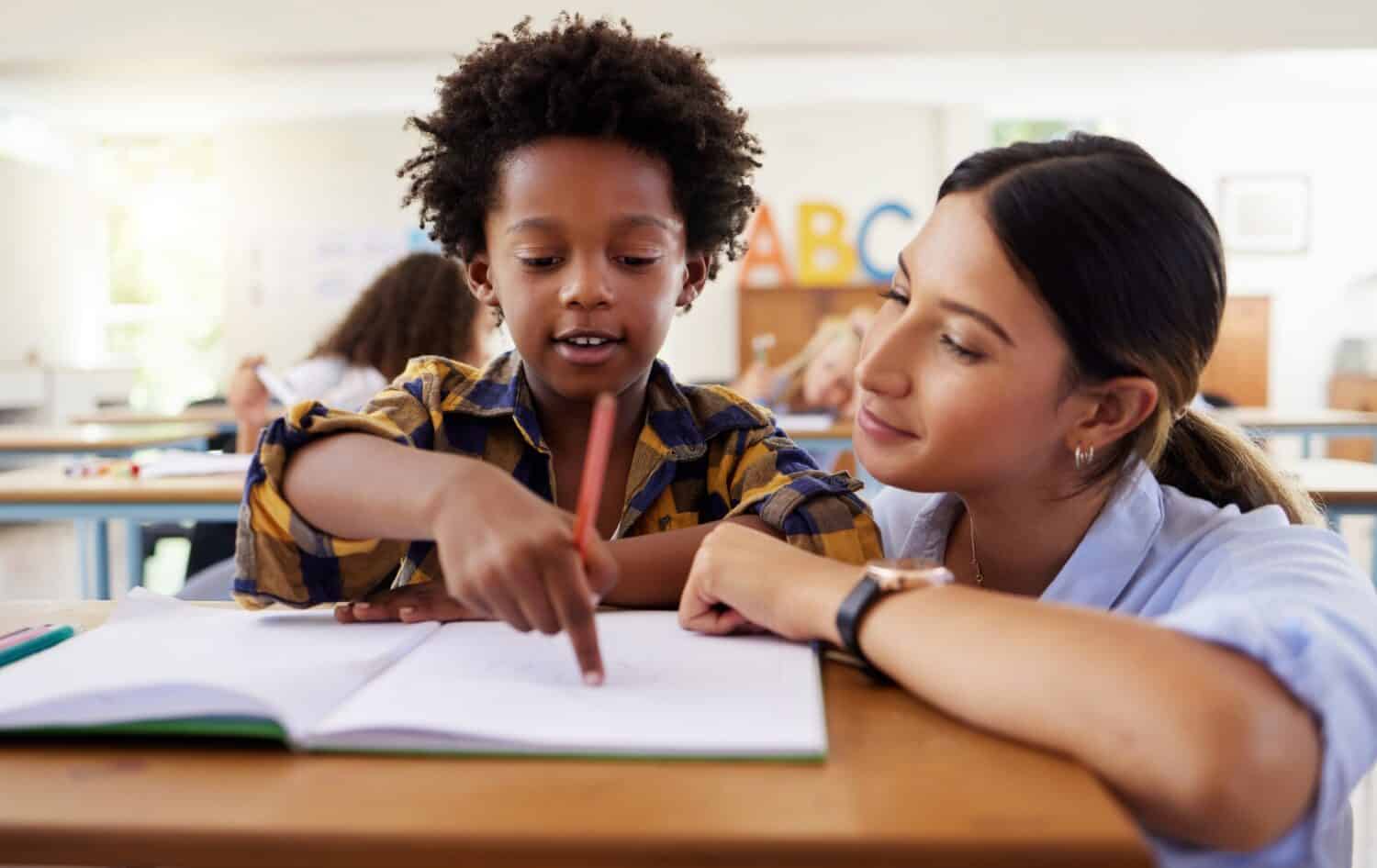Dropping off a child at kindergarten for the first time is an emotional milestone for any parent. It’s a mix of pride in watching their child take a step toward independence and the heartache of letting go. Understandably, some parents can become overly protective or unsure of how to navigate this new chapter. While teachers emphasize with these struggles, it can sometimes lead to frustration when parents’ actions don’t align with classroom expectations. To shed light on this, we spoke with current kindergarten teachers and gathered insights from Reddit to create a list of 10 things teachers wish first-time parents would stop doing.
Assuming Their Kids Can Get Special Treatment

©LightField Studios/Shutterstock.com
One of the most significant things that kindergarten teachers wish first-time parents would quit is believing that their kids deserve special treatment that the other kids don’t. According to a former teacher on Quora, parents will have all sorts of requests. Some will ask for the teacher to write down their kid’s homework every day. Others will ask the teacher to check a student’s backpack to ensure that they have their homework and paperwork. Some parents even ask the teacher to email them once their child has finished eating their lunch. The teacher on Quora mentioned that once the school day starts, it’s very hectic, and there isn’t time for these extra tasks. So, parents need to relax and trust the process.
Expecting They Can Bring and Pick Up The Kids Whenever They Want

©Africa Studio/Shutterstock.com
One thing that can really frustrate kindergarten teachers is when parents decide on their own when they should drop off the kids at school and pick them up at the end of the day. The school starts at a certain time of the day for a reason. It isn’t fair that all the other students should be there, ready to learn, to have to wait or get started without one child. It’s just right to be respectful of the teacher’s time. Parents are also told when the school day is over and when they should be there to pick up the kids. This is also typically not negotiable. It isn’t respectful to make the teacher stay hours after the school day ends just to babysit a child until the parents decide to arrive. If parents are unsure of the schedule, they should ask the teacher.
Allowing Kids to Bring Toys to School

©Pixel-Shot/Shutterstock.com
Kindergarten teachers understand that the kids have interests outside of the classroom and that they have their favorite toys, but they must leave those toys at home. Many parents will say that their child brought their toy to school but that they promise that the toy will stay in their backpack. The problem is, that never happens. Inevitably, the kid will go to their backpack, pull out the toy, and begin to play. That prohibits the child from being able to pay attention during school, and it can be distracting for the entire class. If the teacher does call home and say that a toy is distracting, it’s vital that the parent listens and takes action to prevent the toy from finding its way back to school again.
Not Reading Paperwork

©fizkes/Shutterstock.com
One thing that drives many kindergarten teachers crazy is when first-time parents refuse to read the emails or the physical paperwork that is sent home during the school year. During the course of the year, all kinds of information is sent home. Paperwork can include notices about weekly schedules, upcoming events, closed days, and more. The most infuriating thing is when a parent shows up when they shouldn’t or fails to respond when they must. With that in mind, it’s also essential that parents keep their contact information up to date. Many teachers on Reddit said that they would repeatedly call, text, and email and never get a response from the parents, only to realize that the information on file was incorrect all along.
Bringing Kids to School Sick

©iStock.com/yaoinlove
A serious issue that kindergarten teachers wish first-time parents would quit is bringing their kids to school when they’re sick. Yes, it may be hard for parents to take care of their kids when they’re home sick, but bringing them to school won’t help the situation. One issue is that your sick child could get the other kids in the class sick, and you don’t want that. Another issue is that when your kid is sick, they’ll take more work. Your child will likely be fussier. They’ll also likely need their noses blown, potentially require more bathroom breaks, and more. That care takes the teacher away from the other kids, and that’s not fair. That’s on top of the fact that if the child is sick enough, the parents may need to be called to pick them up, and that adds more stress to everyone.
Ignoring the School Supply List

One of the important pieces of paperwork that’s sent home at the beginning of the year is a list of necessary school supplies. It will typically include the usual stuff, like pencils, markers, folders, etc. The problem is when the parents get creative with the school supply list or ignore it altogether. The issue is that many toys can be distracting. Many kids will bring in fancy crayons, personal pencil sharpeners, and pens or markers that light up or make noise. Those can all be distracting to the other children. The point of the supply list is to create a level playing field and ensure that the kids can focus on the lessons and not on their utensils.
Being On the Cell Phone When Dropping Off or Picking Up Kids

©Kostenko Maxim/Shutterstock.com
This may seem like a small complaint to some people, but an act that drives many kindergarten teachers mad is when parents are talking or texting on their phones while dropping off or picking up the kids from school. One of the issues with that is that many teachers want to share information with the parents while they have them there. That information may be about an upcoming event or the child’s behavior during the school day. If the parent is on the phone, that information can’t be shared. Many teachers are also protective of the students. So, they may fear that a parent on a cell phone may not be paying enough attention to their child. Of course, it can also be considered rude to ignore the teacher by being on the phone.
Arguing About Anything

©pathdoc/Shutterstock.com
A behavior that many kindergarten teachers wish first-time parents would quit is when they come into the classroom ready to argue. Some parents will argue that a school policy is not fair. If a parent feels that way, they should take it up with the school administration. Many parents will also argue if a teacher informs them that their child did not act appropriately at school. The parent will ask their child if that is true, and sometimes, the kid will lie and say that they didn’t do anything wrong. Though it’s only right to believe your child, kids are not always truthful. So, arguing with the teacher is not the right move. It’s only right to respect one another and have a civilized conversation.
Broadcasting Issues on Social Media

©iStock.com/hapabapa
In today’s digital age, it’s far too easy for us to get upset and want to go straight onto social media and air our grievances. However, you should try to avoid doing that as a parent of a kindergarten-age student. Parents who have issues with how their kids are taught, what the curriculum should be, how the teacher conducts the class, or anything else should talk to the teacher or the school administration before going on Facebook to say how bad the school is. That will make everyone involved look bad. It’s just not a good look. Whenever possible, try to ask questions or resolve issues face-to-face.
Expecting Too Much During a School Year

©wee dezign/Shutterstock.com
The final thing that kindergarten teachers wish first-time parents would quit doing is expecting miracles during one year of schooling. Classes on all levels are getting fuller by year. So, kids are often not getting the individualized attention they deserve. That isn’t to say that the teachers aren’t trying. However, if your child doesn’t know how to read or recite long complicated sentences by the end of the year, don’t go complaining or automatically blaming the teacher. It’s okay to ask questions, but don’t assume. With that said, by the end of kindergarten, most kids should be able to:
- Count
- Compare numbers
- Perform some simple adding and subtracting
While some kids will do better than others, parents must have reasonable expectations.
The image featured at the top of this post is ©PeopleImages.com - Yuri A/Shutterstock.com.
